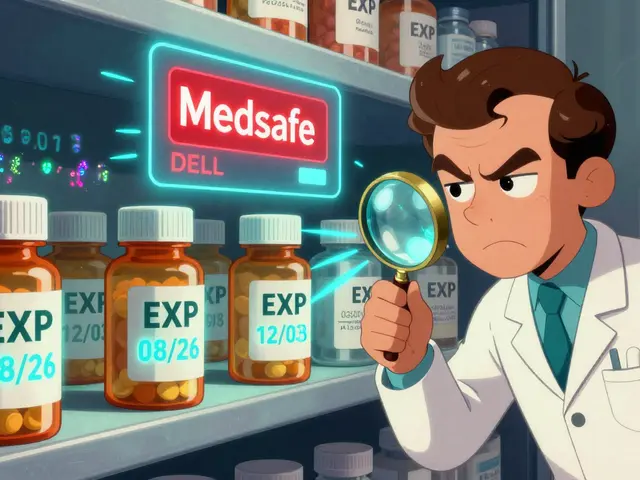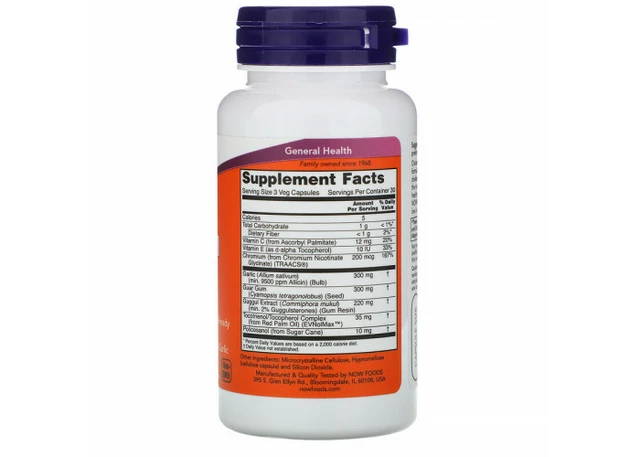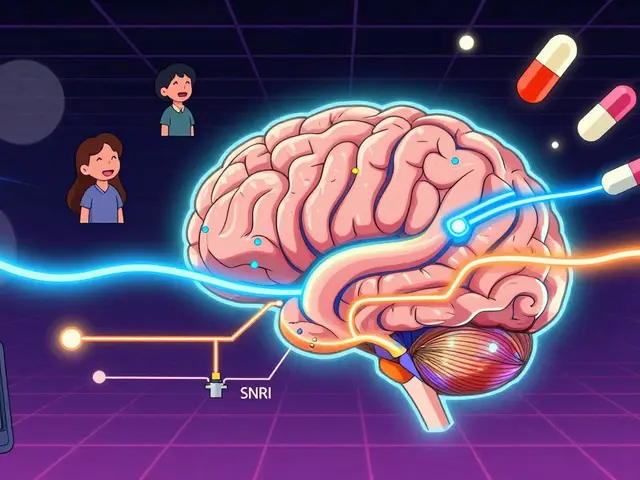Medication and Treatment Management: Simple, Practical Advice
Managing medicines and treatments doesn’t need to be confusing. Whether you’re sorting monthly prescriptions, buying meds online, or switching drugs, a few smart steps make care safer and less stressful. This page pulls practical tips together so you can act with confidence.
Safe Online Pharmacies
Buying drugs online is common, but safety varies. Look for an obvious physical address and a licensed pharmacist you can contact. A reputable site will ask for a prescription for prescription-only drugs and display clear shipping and return policies. Check for third-party seals (like pharmacy accreditation) and recent user reviews. If prices look unbelievably low or the site offers controlled drugs without a prescription, treat it as a red flag.
When comparing vendors, note shipping times, where the pharmacy ships from, and whether packages are discreet. Keep copies of your order confirmations and prescription receipts—those records help if something goes wrong.
Daily Medication Management
Small routines stop big problems. Use a weekly pill box or blister packs to avoid missed or double doses. Set daily alarms on your phone or use an app that tracks doses and refills. Keep an up-to-date list of every medicine you take—prescription, over-the-counter, and supplements—and share it with every provider you see.
Store medicines as labeled: some need cool, dry places; others require refrigeration. Keep medicines out of reach of children and pets. Check expiration dates before taking anything and safely dispose of old meds—many pharmacies run take-back programs.
Watch for side effects and interactions. Start new drugs at times when you can monitor how you feel, and keep a short symptom log for the first days or weeks. If you begin a drug like an antidepressant, blood pressure medicine, or strong antibiotic, note changes in mood, sleep, digestion, or skin reactions and report them promptly. Labs and follow-up visits matter—don’t skip them.
Thinking about alternatives? Sometimes switching drugs is needed for cost, side effects, or supply issues. Discuss the exact reason with your clinician. Ask about expected benefits, likely side effects, and what monitoring will look like. When a drug is stopped or switched, confirm how to taper safely if required and how symptoms will be tracked.
Complex conditions need team coordination. For issues like heart rhythm problems, severe infections, or long-term neurological care, involve specialists and make sure everyone has the same medicine list. Keep emergency contacts and a brief medical summary handy for urgent visits.
Use resources smartly. Read reliable articles on specific medicines (for example, guides about buying Ceftin or managing blood pressure meds like Avapro) and combine that with advice from your prescriber. If cost is an issue, ask about generics, coupons, or pharmacy alternatives that still meet safety checks.
Take control step by step: choose safe pharmacies, set routines, monitor effects, and keep clinicians in the loop. Small habits prevent most medication problems and make treatment work better for you.
 10 May 2024
10 May 2024
The Crucial Role of Fluconazole in Managing HIV/AIDS
Explore how Fluconazole is essential in the treatment and management of HIV/AIDS, delving into its uses, effectiveness, and practical tips for those affected by the virus. Understand its role in preventing opportunistic infections and improving the quality of life for patients.
Latest Posts
-

How to Check Lot Numbers and Recalls When Clearing Expired Medications
-

Homotaurine: The Miracle Compound for Memory, Focus, and Mental Clarity
-

Policosanol: The Dietary Supplement That's Making Waves in Cardiovascular Health
-

SNRI Medications and Side Effects: Venlafaxine, Duloxetine, and Others
-

Boost Your Immunity and Revitalize Your Body with the Amazing Benefits of Danshen

16